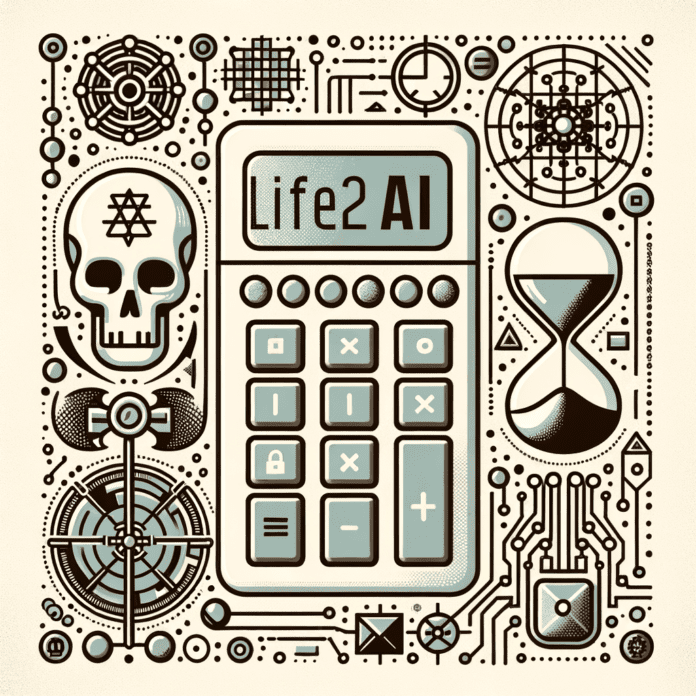The developers of life2vec aren’t interested in any sort of grim fascination; rather, they want to learn more about the health and social “life events” that can be predicted by so-called deep-learning programs. Danish researchers are using AI and data from millions of people to predict a person’s life events from beginning to end, to draw attention to the potential benefits and risks of this technology.
Sune Lehmann, a professor at the Technical University of Denmark (DTU) and author of a paper published in the journal Nature Computational Science, told AFP, “It’s a very general framework for making predictions about human lives. It can predict anything where you have training data.”
Lehmann considers possibilities to be boundless. He explained how It may be able to predict patients’ prognoses. This means it has the potential to predict issues like weight and fertility as well as diseases like cancer and its prognosis. But it could also predict your likelihood of acquiring great wealth. The algorithm follows a methodology similar to ChatGPT, but it examines life-altering variables, including birth, education, social benefits, and work schedules instead.
In an effort to “examine the evolution and predictability of human lives based on detailed event sequences,” the group is attempting to employ language-processing algorithms that recently gained new capabilities. “From one perspective, lives are simply sequences of events: People are born, visit the pediatrician, start school, move to a new location, get married, and so on,” stated Lehmann.
However, following the program’s revelation, rumours of another “death calculator” began circulating, and some shady websites began offering to utilize the AI algorithm to forecast people’s lives, typically in return for sensitive personal information. The researchers have made it clear that the program is confidential and will not be made available to the public or other researchers at this time.
Research Based On Six Million
The life2vec model is built on top of anonymized data collected from about six million Danes by the official Statistics Denmark agency. It is possible to predict life outcomes until the very last breath by analyzing sequences of events. The system gets the predicted outcome of a person’s death right 78% of the time and the prediction of their relocation to a different city or country right 73% of the time.
Lehmann said that they examine early deaths. Therefore, they select a small group of people aged 35 to 65. After that, we look at data from 2008–2016 and try to forecast if a person would die in the four years after that, “The model can do that really well, better than any other algorithm that we could find,” according to him.
The researchers claim that by concentrating on this age group, where fatalities are often rare, they can confirm the algorithm’s accuracy. The tool is still in its early stages and should only be used in a research environment. “For now, it’s a research project where we’re exploring what’s possible and what’s not possible,” said Lehmann. Along with his colleagues, he is interested in studying the effects of social relationships on health and longevity.
Public View
The researchers see the study as a scientific check on the massive investments made by big giants in AI systems. Lehmann insisted that although they are keeping their models like this under wraps, they are capable of building this. They are just not talking about them.
“They’re just building them to, hopefully for now, sell you more advertisements, or sell more advertisements and sell you more products.” He pointed out that it’s “important to have an open and public counterpoint to begin to understand what can even happen with data like this.”
Danish data ethics expert Pernille Tranberg told AFP this was particularly relevant given that firms like insurance companies were already using algorithms with comparable functionality.

“They probably put you into groups and say: ‘Okay, you have a chronic disease, the risk is this and this,'” said Tranberg. “It can be used against us to discriminate us so that you will have to pay a higher insurance premium, or you can’t get a loan from the bank, or you can’t get public health care because you’re going to die anyway,” according to her.
Already, some programmers have attempted to commercialize algorithms that can predict our own death. “On the web, we’re already seeing prediction clocks, which show how old we’re going to get,” according to Tranberg. “Some of them aren’t at all reliable.”




